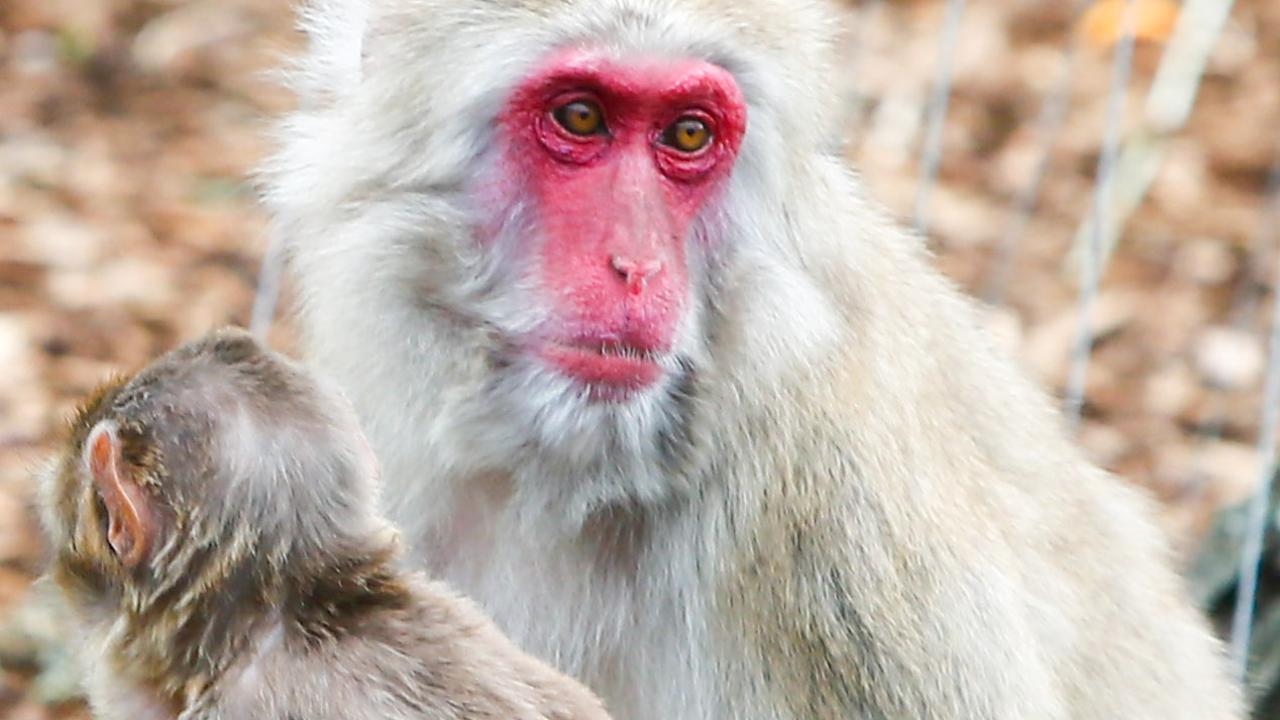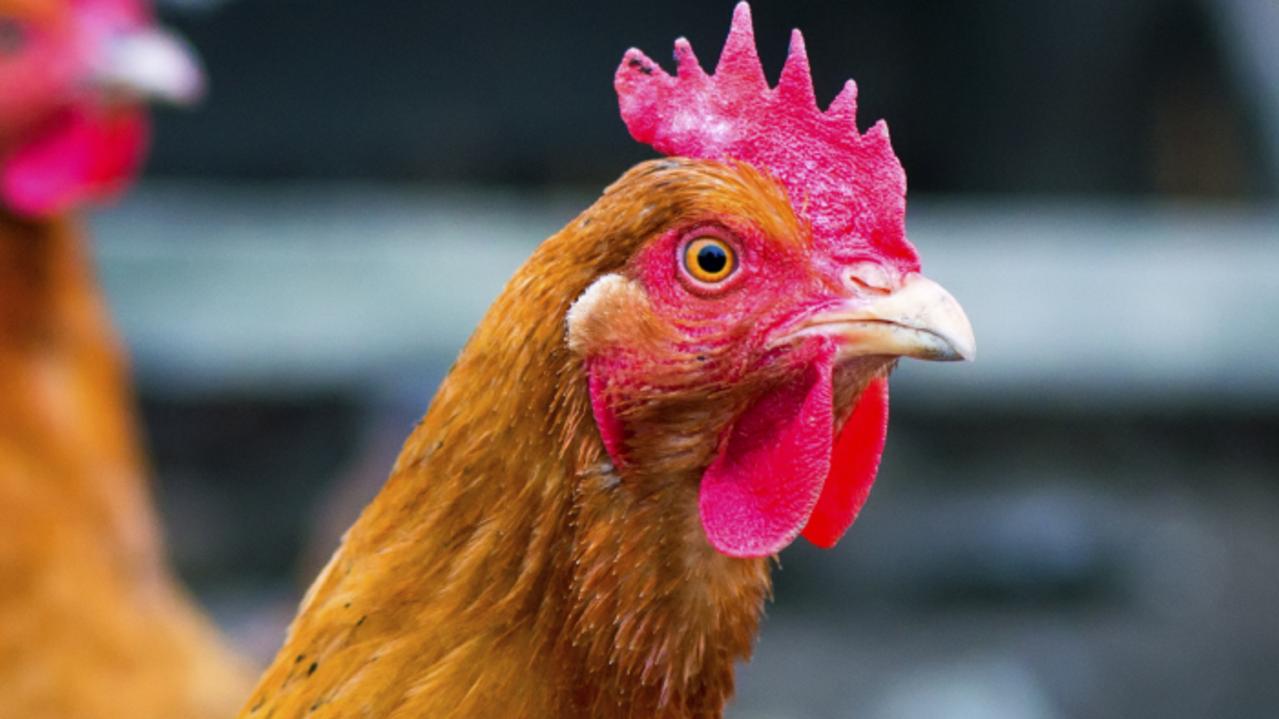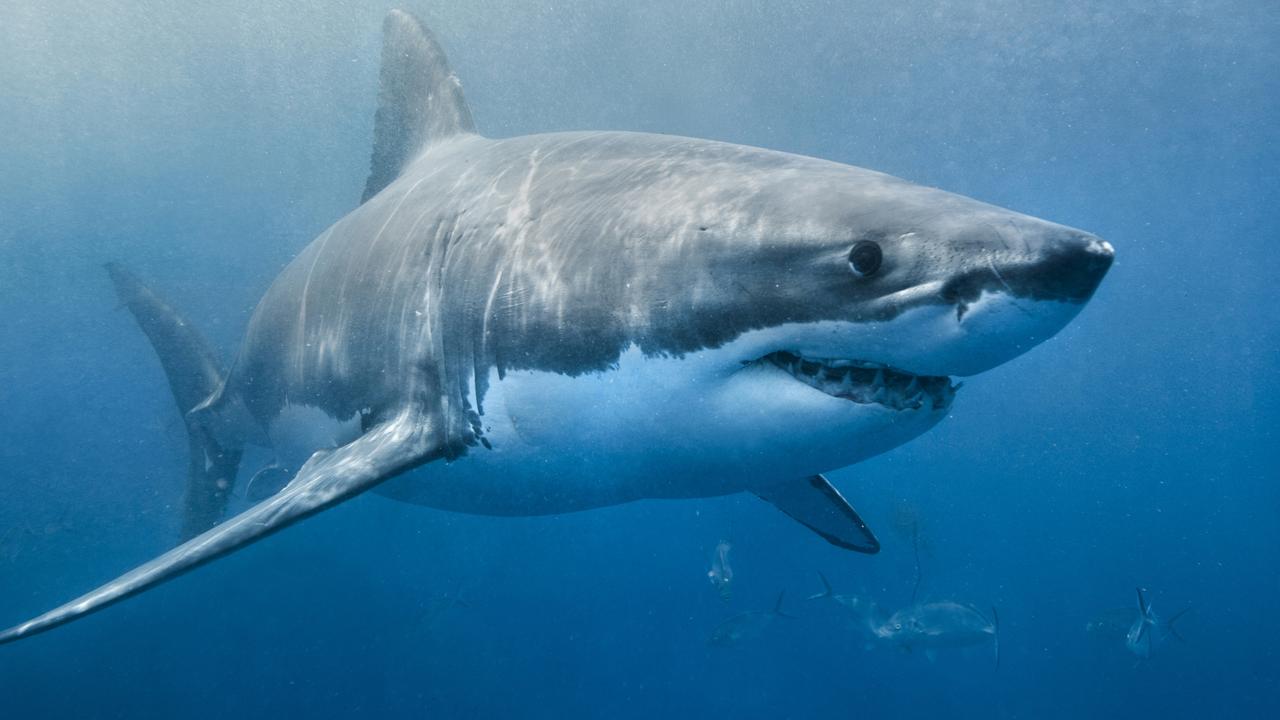Bali’s macaques can spot valuable items and haggle for best price
The macaques at Uluwatu Temple have learned to identify tourists’ most prized possessions, and barter them for the largest possible reward.

Tourists who have been to Bali’s Uluwatu Temple are well aware of how cheeky the monkeys can be.
But eye-opening research shows this macaque population has learned to identify the items that are most valued by visitors and to ransom them in exchange for the largest possible reward.
Researchers discovered that adult macaques deliberately target unsuspecting tourists’ most prized possessions, and refuse to give them up until they are offered a substantial amount of food.
The team led by Jean-Baptiste Leca from the University of Lethbridge in Alberta, Canada, collected data over 273 days that showed “age differences in robbing/bartering success, indicative of experiential learning.”
It also revealed “clear behavioural associations” between the item’s value and the quality or quantity of food rewards rejected or accepted, “suggestive of robbing/bartering payoff maximization and economic decision-making.”
The adult macaques preferentially selected tokens that were more likely to be exchanged for food, such as electronic devices and pairs of glasses, over other objects that were less valuable to humans such as empty camera bags, hairpins.
RELATED: Baby monkeys sold for $7.20 each
RELATED: Bali beaches strewn with rubbish after monsoon

They consistently obtained either more food rewards or a preferred food reward in exchange for a higher-valued token, and were more likely to end a bartering interaction by accepting a less preferred food reward in exchange for a lower-valued token.
This is consistent with data obtained from other primate species such as capuchin monkeys and chimpanzees, who correctly preferred high-valued tokens over a low-valued tokens in an experimental bartering situation.
But the long-tailed macaques at Uluwatu may represented the first example of a culturally maintained token economy in free-ranging animals, according to the study published in the journal Philosophical Transactions of the Royal Society.
The “naturalistic research setting represents a unique opportunity to study field economics and explore macroeconomic phenomena in non-human primates,” the researchers observed.
“Token-robbing and token/reward-bartering are cognitively challenging tasks for the Uluwatu macaques that revealed unprecedented economic decision-making processes (i.e. valued-based token selection and payoff maximization) in a large monkey population living in an anthropogenically impacted habitat,” they concluded.
Previous research from scientists at the University of Liège in Belgium found that the monkeys learned to steal tourists’ belongings and hold on to them in return for a ransom.
The new research goes a step further, showing that the macaques learn to identify high-value items and as they grow older, gain either patience and self-control or the cognitive capacity to anticipate the subsequent proffering of improved food rewards if they wait.
The scientists suggested that further research should look at economic decision-making and symbolic tool use from an evolutionary perspective, which could ultimately lead to a better understanding of the origins of autonomous monetary systems in humans.



